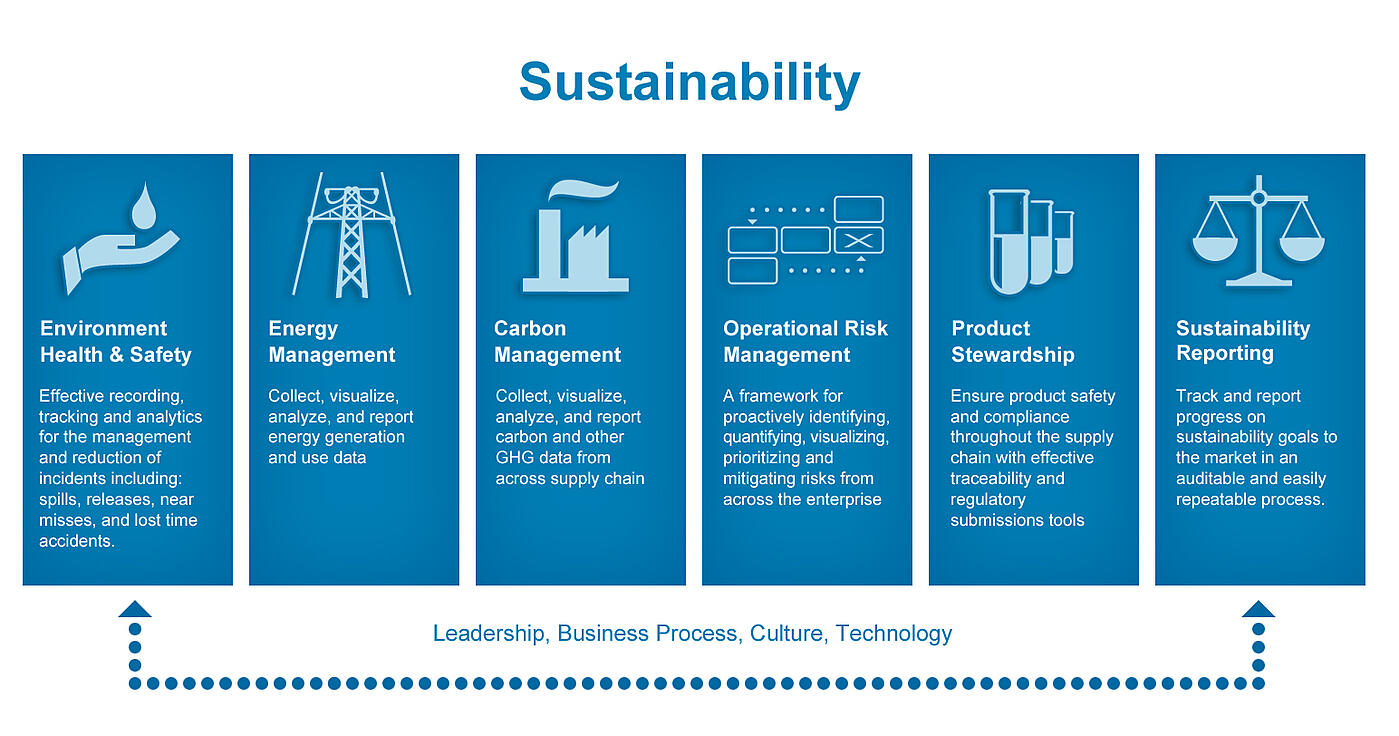Environmental Strategy
- Sustainability Forecast

Companies have always been focused on financial performance and achieving operational excellence. However, we strive to hold TaoLimited to an even higher standard and it is all around sustainability.
Driven by a number of ethical, environmental, health, and safety concerns, we develop sustainability strategies to remain competitive in the market, uphold Corporate Social Responsibilities (CSR), and abide by regulations.
ESM is best thought of as a strategic framework for information management and it has evolved as a response to the growing need for holistically managing sustainability at the enterprise level. Industrial organizations have traditionally managed these processes in an ad hoc way at the facility and departmental level. For example, different people and departments would often be responsible for energy, carbon, and environmental compliance, making it very difficult for executives to have a clear picture of what was going on with the organization.
A more holistic strategy in terms of people, processes, and technology known as Enterprise Sustainability Management is needed
For many industrial companies, the disjointedness of ad hoc processes is creating a bottleneck when it comes to improving business performance. The need for a more pervasive solution is quickly becoming apparent, and it’s materializing as ESM. Companies taking this approach are viewing it through the lens of an enterprise initiative, rather than one of departments or business units.

Aiding the effectiveness of ESM is an emerging software category for Enterprise Sustainability Management solutions. Breaking down the barriers of disparate systems and manual processes, ESM software is centralizing, standardizing, and streamlining operations, providing executives with real-time data for making better decisions. In the coming months, LNS Research will be covering this topic in-depth, launching both our sustainability survey and section of the research library.Similar to the topic of operational excellence we touch on so frequently, the complexities and importance of sustainability management are becoming too great for disparate systems and manual processes. Consequently, we’re beginning to see a shift toward a more holistic strategy in terms of people, processes, and technology: Enterprise Sustainability Management (ESM)